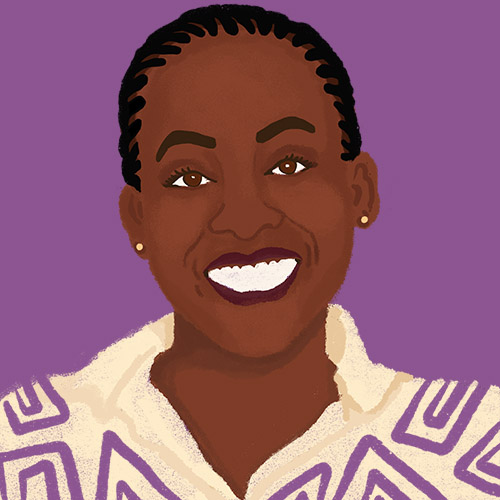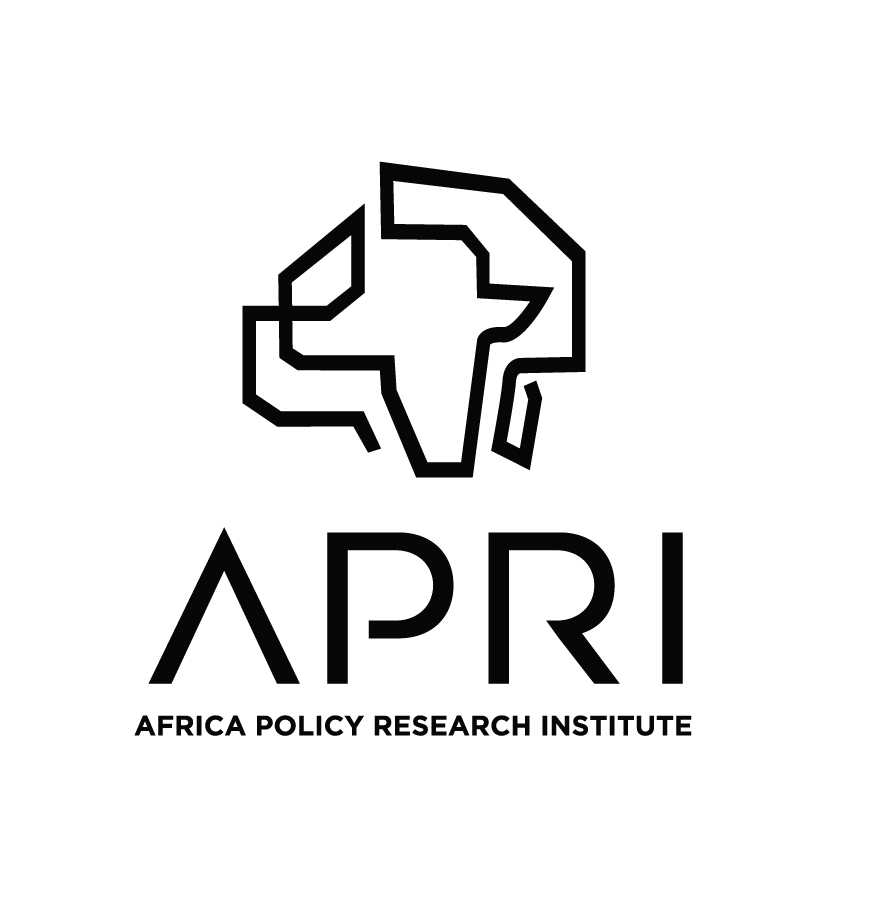The Collective

Crystal Simeoni is a Pan-African feminist activist and Director of Nawi – the Afrifem Macroeconomi
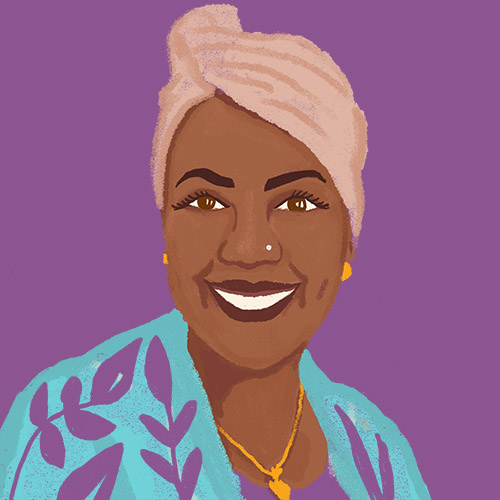
Nebila Abdulmelik is is a pan-African feminist storyteller who uses the creative arts to speak her p

Wangari Kinoti is is a Pan Africanist feminist activist currently engaged in global policy advocacy
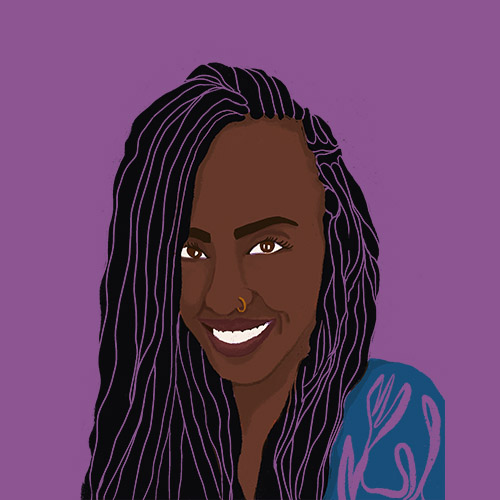
Agazit Abate writes. She makes up stories and she documents the work of organizations and collective
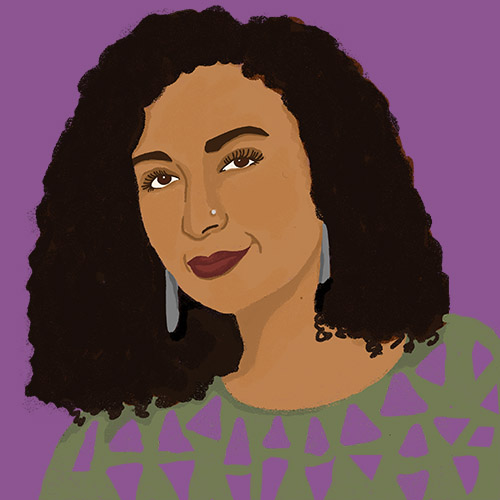
Fatimah Kelleher is a Pan African feminist technical adviser/strategist engaged in feminist advocacy
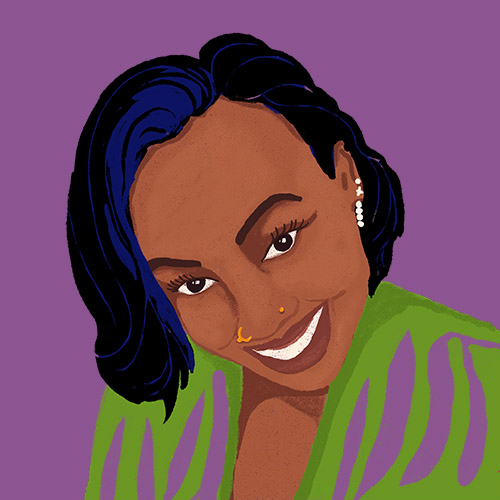
Yvonne Ndirangu is a feminist digital strategist with deep understanding and experience working on d
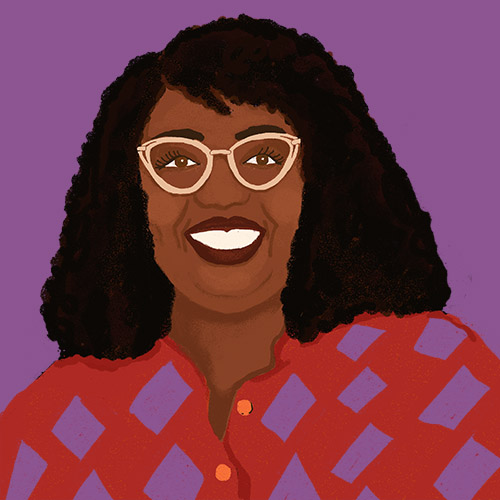
Elizabeth Maina is a cultural practitioner with extensive experience in arts management with a focus

Nzilani Simu is a visual artist born, raised and based in Nairobi, Kenya. She specialises in illustr

Josephine, based in Nairobi, Kenya is an action researcher who facilitates and supports participator
Crystal Simeoni
Crystal Simeoni is a Pan-African feminist activist and Director of Nawi – the Afrifem Macroeconomics Collective (The Nawi Collective). She works at the intersection of the technical and the colloquial, of critique and imagination, of knowledge and practice, of language and of the creation of community. She curates the work of the Nawi collective who, in community with other African feminists and organizations, work on analysing, influencing and reimagining macro level economic policies and narratives. Before Nawi, Crystal was head of Advocacy with a focus on Economic Justice at FEMNET, and the Policy Lead for the Tax and the International Financial Architecture pillar at TJN-A before that. She is also currently an Atlantic Fellow for Social and Economic Equity at the London School of Economics. In her understanding, in her critique and her imagining of a different way, her work is always at the service of life.

Nebila Abdulmelik
Nebila Abdulmelik is is a pan-African feminist storyteller who uses the creative arts to speak her peace and archive stories of daily existence. Born and bred in Addis Ababa, she has since criss-crossed the earth but found her way home again. She is a photographer, poet, writer and editor. She has vast experience working at regional and global levels engaging policy makers, leading civil society campaigning and mobilization, initiating and managing campaigns, strategy development and documentation with a focus on the rights of African women and girls. Nebila has an MA in African Studies, with an emphasis on Gender and Development, as well as a BA in International Development Studies from UCLA. She has worked in academia, with civil society as well as with multilateral institutions. She worked with one of the oldest and largest women's rights organizations in Africa - FEMNET -- as well as with the Department of Political Affairs at the African Union. She is currently a freelance consultant working in the areas of strategy development, documentation and governance mostly focused on women's rights.
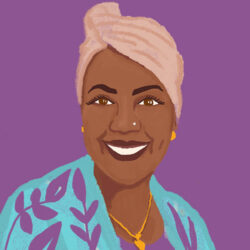
Wangari Kinoti
Wangari Kinoti is is a Pan Africanist feminist activist currently engaged in global policy advocacy on women’s economic justice and structural gender based violence. Over the last 16 years, she has campaigned and implemented programmes through civil society and social justice organizations covering women’s political participation, women’s land and natural resource rights, corporate accountability, women’s paid and unpaid labour and violence against women. She is also currently working with other African feminist activists to document the histories of feminist organizing on the Continent.

Agazit Abate
Agazit Abate writes. She makes up stories and she documents the work of organizations and collectives. The ordinary. The daily. Archive. Fiction and non-fiction. Edit. Collage. Time and space.
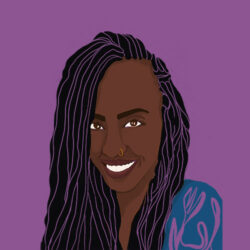
Fatimah Kelleher
Fatimah Kelleher is a Pan African feminist technical adviser/strategist engaged in feminist advocacy, research and advice. Fatimah has worked primarily on African transformational trajectories, with a focus on challenging economic and other development orthodoxies in particular.
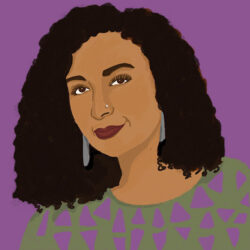
Yvonne Ndirangu
Yvonne Ndirangu is a feminist digital strategist with deep understanding and experience working on diverse digital platforms and tools to deliver solutions to meet brand objectives based on consumer insight and data.

Elizabeth Maina
Elizabeth Maina is a cultural practitioner with extensive experience in arts management with a focus on collaboration and sustainability. She believes in creative expression as a means to imagine and create visions of the world we want to inhabit. She is also passionate about sound policy, strategy development, and the implementation of interventions that ensure positive socio-economic transformation.
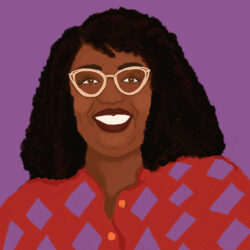
Nzilani Simu
Nzilani Simu is a visual artist born, raised and based in Nairobi, Kenya. She specialises in illustration, hand lettering, infographics, identity design and visual advocacy and is passionate about design for social impact; she is also a part time-lecturer in a Nairobi based digital arts college. She finds inspiration in the African landscape from animals to plants and flowers. She also enjoys learning and conveying African stories in her art. Her hand-lettering practice moves her through music lyrics to inspirational quotes. Her art brand Kulula (IG @_kulula) is an outlet for creative expression where she also sells art goods and holds occasional workshops.
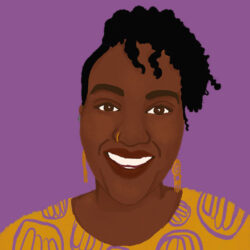
Elma Ooro
Elma is a multi-passionate woman - an engineer by profession and now a virtual assistant working with equally multi-passionate women to help them streamline their business processes and systems so they can save time and focus on income-generating activities in their businesses. She uses her engineering background and professional experience paired with her quick learning and love for all things tech to work with her clients and transform their businesses.
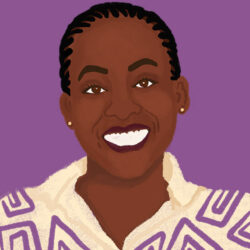
Josephine Njungi
Josephine, based in Nairobi, Kenya is an action researcher who facilitates and supports participatory action, knowledge generation and learning for organisations, community groups, partnerships for social change. She believes that action learning and research processes support transformative social change across all themes/sectors. As a practitioner and intellectually curious learner, she intentionally and consciously positions herself to learn from peers on the technical aspects of different themes in order to better support, design and adapt monitoring, evaluation and learning processes.
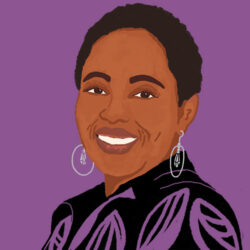
The purpose of the Nawi – Afrifem Macroeconomics Collective is to build the foundation of an effective coalition (connection to movements) of African feminist activists and organisations that are able to challenge the current macro-level economic policy of governments. Discussion of gender equality can then be reframed away from building the capacity of individual women, towards challenging the systems and structures that perpetuate this inequality. Collective strategising will enable the collective to target our limited resources most effectively by identifying which national, regional and international decision makers are most influential, which ones we have most potential to influence, and when to influence them.
The collective can then expose the negative impact of current neo-liberal policies on gender equality and women’s rights and demonstrate the feasibility of alternatives that are rooted in African contexts. The longer term outcome of Nawi is that macro level economic policies promote rather than undermine the achievement of women’s rights and gender equality.
Nawi – Afrifem Macroeconomics Collective is working to devote time and resources to building a community based on mutual understanding and trust as a more sustainable approach than the more common quick fix approach of a joint position statement. In doing so we will seek to work with existing coalitions, communities and initiatives rather than trying to replace them. To begin with the Nawi – Afrifem Macroeconomics Collective will focus on trade, debt and tax as grounding issues to tackle.
